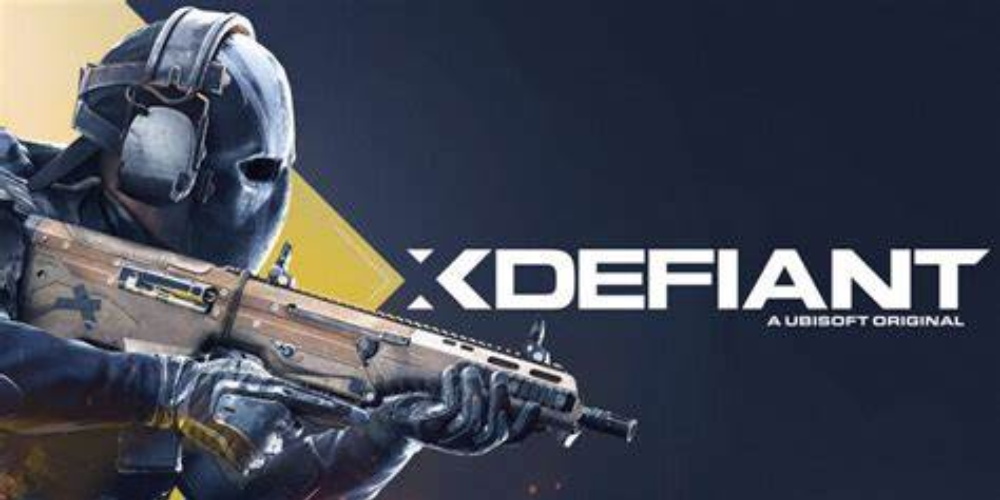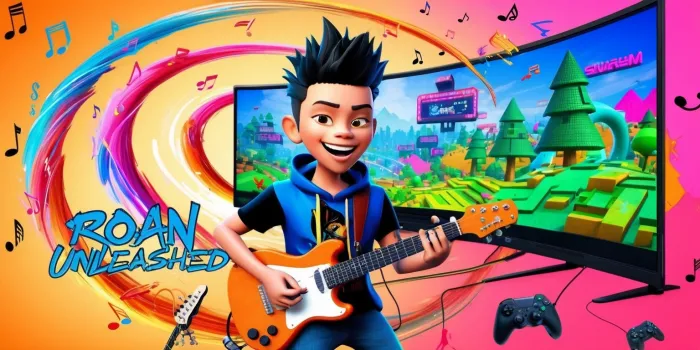 2024-07-08 06:30
2024-07-08 06:30 XDefiant's Development Journey: Overcoming Engine Challenges and Building a Community
Ubisoft's multiplayer shooter XDefiant has been on the market for over a month and a half. Despite a lukewarm reception from critics, it has garnered a welcoming community of players. The journey so far, however, has been far from perfect, featuring a myriad of bugs that the player base has swiftly pointed out. One such comment recently led the executive producer, Mark Rubin, to address the issue publicly on X.
The Comment and the Response
On X, user @unfoundsoul4 posed a question that resonated with many players: "I feel like Defiant was rushed out because of GTA6 and black ops. What are your thoughts @PixelsofMark @PlayXDefiant" Mark Rubin's reply sought to dispel the notion of a rushed release. His response was: "Rushed out? No. What we have is an engine that has only ever been an MMO. So, all of the infrastructure for an FPS has to be built from the ground floor. Even CoD started on ID tech, which was a shooter engine. Apex started on a shooter engine. But for us, we are working on developing all new tech in an engine that was designed for something else. That being said, the engine is great but requires a lot of work, and with that work comes a lot of bugs that other engines have already worked out. We're not a shooter that's been out for 20 years. If you like what we are trying to do, stick around, and you'll see things improve and new features get added. But if the game isn't for you, that's ok you can move on."
The Engine Challenge
Rubin's response provided illuminating insights into the development challenges XDefiant faces. The game is built on an engine originally intended for massively multiplayer online (MMO) games. Creating a first-person shooter (FPS) infrastructure within this engine meant starting from scratch. Unlike XDefiant, established FPS titles like Call of Duty and Apex Legends already leverage engines specifically designed for shooting mechanics. Thus, they had a head start.
Building from the Ground Up
When Rubin said, "We are working on developing all new tech in an engine that was designed for something else," he highlighted the intricacies of retrofitting an MMO engine for an FPS environment. The project necessitates extensive modifications and innovative solutions to bring FPS functionality up to par with players' expectations. Consequently, this also explains the initial bugs and issues faced by players. Rubin’s openness about these developmental hurdles offers a transparent look into the complex world of game production.
Player Reception and Patience
Despite encountering bugs, a segment of the player base has shown remarkable tolerance and understanding. Rubin's message to these dedicated players is clear: patience will be rewarded with improvements and new features. He takes pride in the potential of XDefiant’s engine and expresses optimism for its future but acknowledges that it will take time to address the current issues comprehensively. "If you like what we are trying to do, stick around, and you'll see things improve," he assured.
Joining or Leaving the Community
Rubin's straightforward approach also extended to players who may not like XDefiant. His comment, "But if the game isn't for you, that's ok, you can move on," suggests an understanding that not every game will cater to every player's tastes. This is a realistic perspective, recognizing that gamers have a myriad of choices and that it's okay to seek the experiences they enjoy most.
Understanding Game Development Timelines
Players need to understand the extended timelines often associated with game development, especially when working with a novel or repurposed engine. Game development is not linear; it involves iterative testing, debugging, and feature enhancements that can stretch over months or even years.
From Concept to Execution
Game development starts with the conceptualization of ideas which then move to prototyping. At this stage, the basic mechanics and systems are created and tested. This is followed by the production phase, where the bulk of the content is developed. Finally, there's the polishing phase where developers iron out kinks and ensure stability. In the case of XDefiant, re-engineering an MMO foundation to support FPS gameplay inherently extends these phases.
The Bigger Picture of Adaptation
XDefiant’s journey underscores a broader narrative within the gaming industry: the challenges of repurposing technology. While it's easier to build games on engines that are fine-tuned for specific genres, developers often face situations where they need to innovate across different technologies. Rubin's remarks reflect the reality of adapting an MMO engine for FPS gameplay, highlighting a blend of challenges and opportunities.
Competing Against Giants
In the competitive landscape of FPS games, standing out requires both innovation and polish. Although XDefiant is in its infancy, it is set against genre titans like Call of Duty and Apex Legends, which have had years to perfect their mechanics and infrastructure. Rubin’s focus on continuous improvement and player feedback is crucial for XDefiant to carve its niche.
The Road Ahead
As players and developers look towards the future of XDefiant, the game promises a journey filled with enhancements and new features. Mark Rubin and his team's adoption of a feedback-oriented strategy guarantees that the collective opinion of the community significantly influences the progression of the game. While the path is fraught with technical challenges, the potential for a unique and engaging FPS experience remains high.
Ultimately, XDefiant's story is a testament to the persistence and innovation required in game development. It demonstrates that while initial hurdles may arise, a transparent and dedicated approach can pave the way for success. Whether players choose to stay for the ride or explore other games, XDefiant's journey has only just begun.




Leave a comment
Your comment is awaiting moderation. We save your draft here
0 Comments